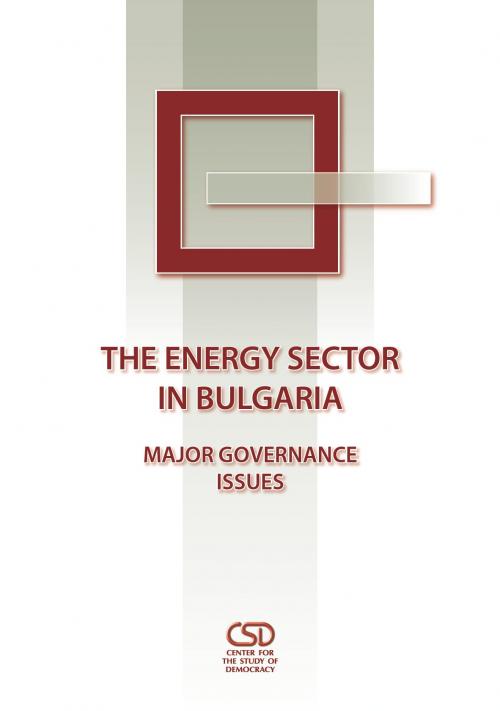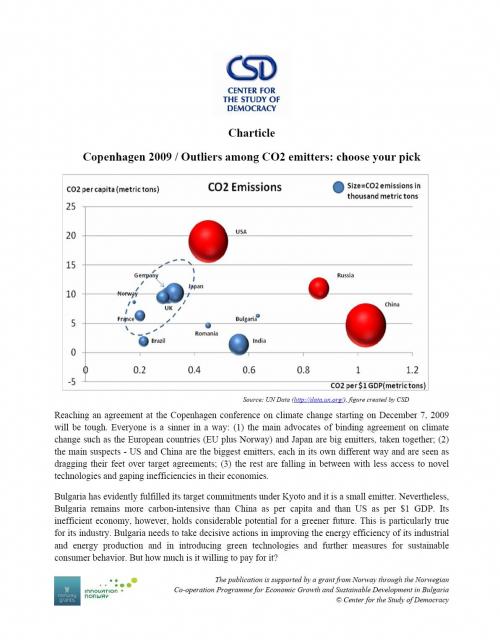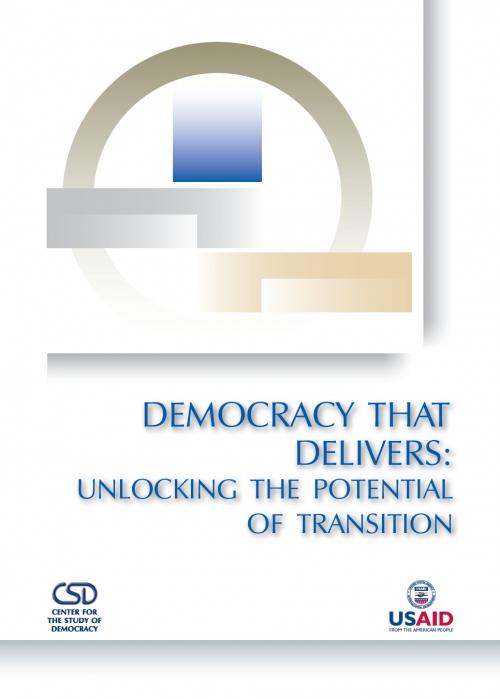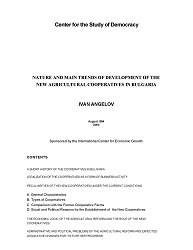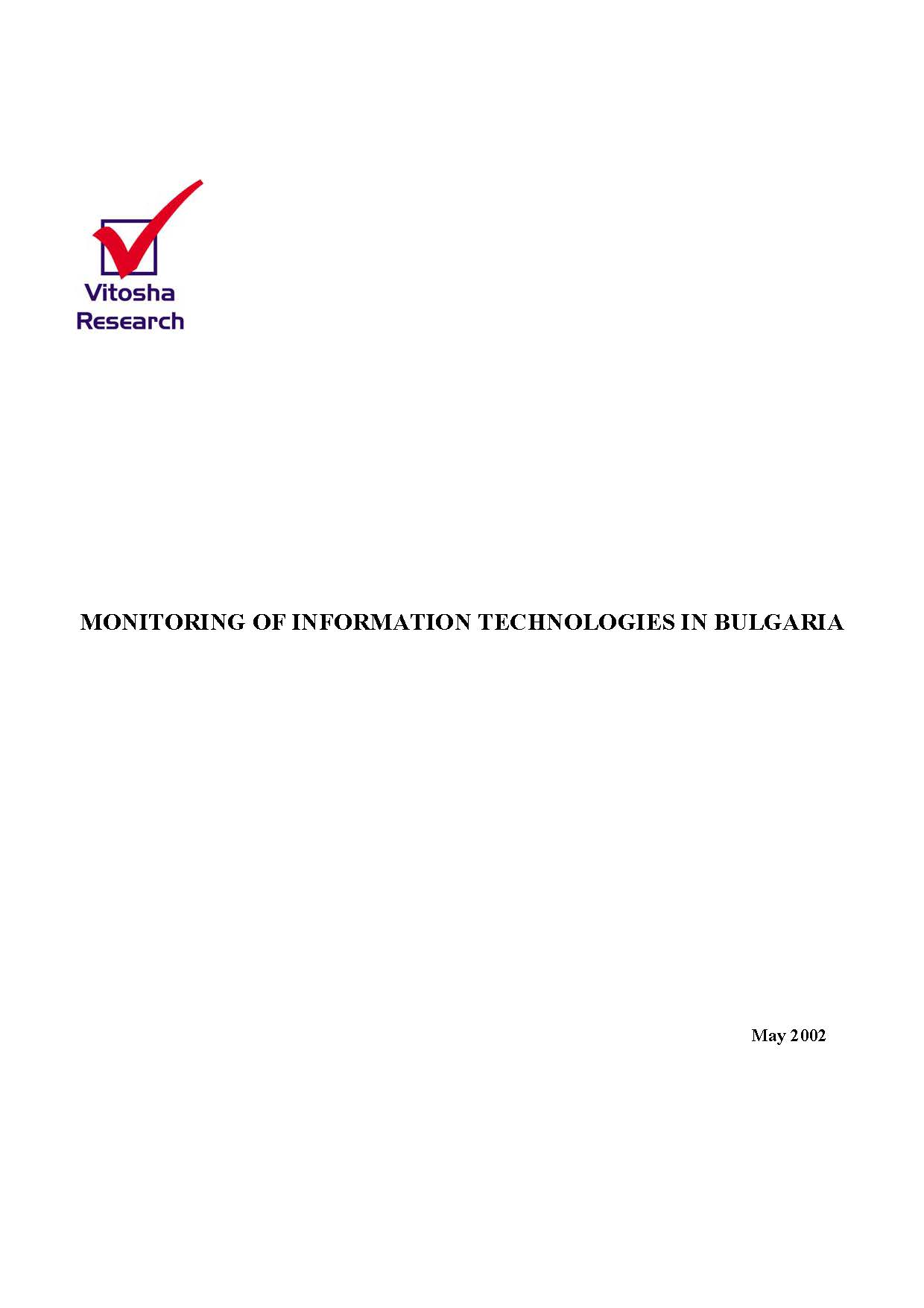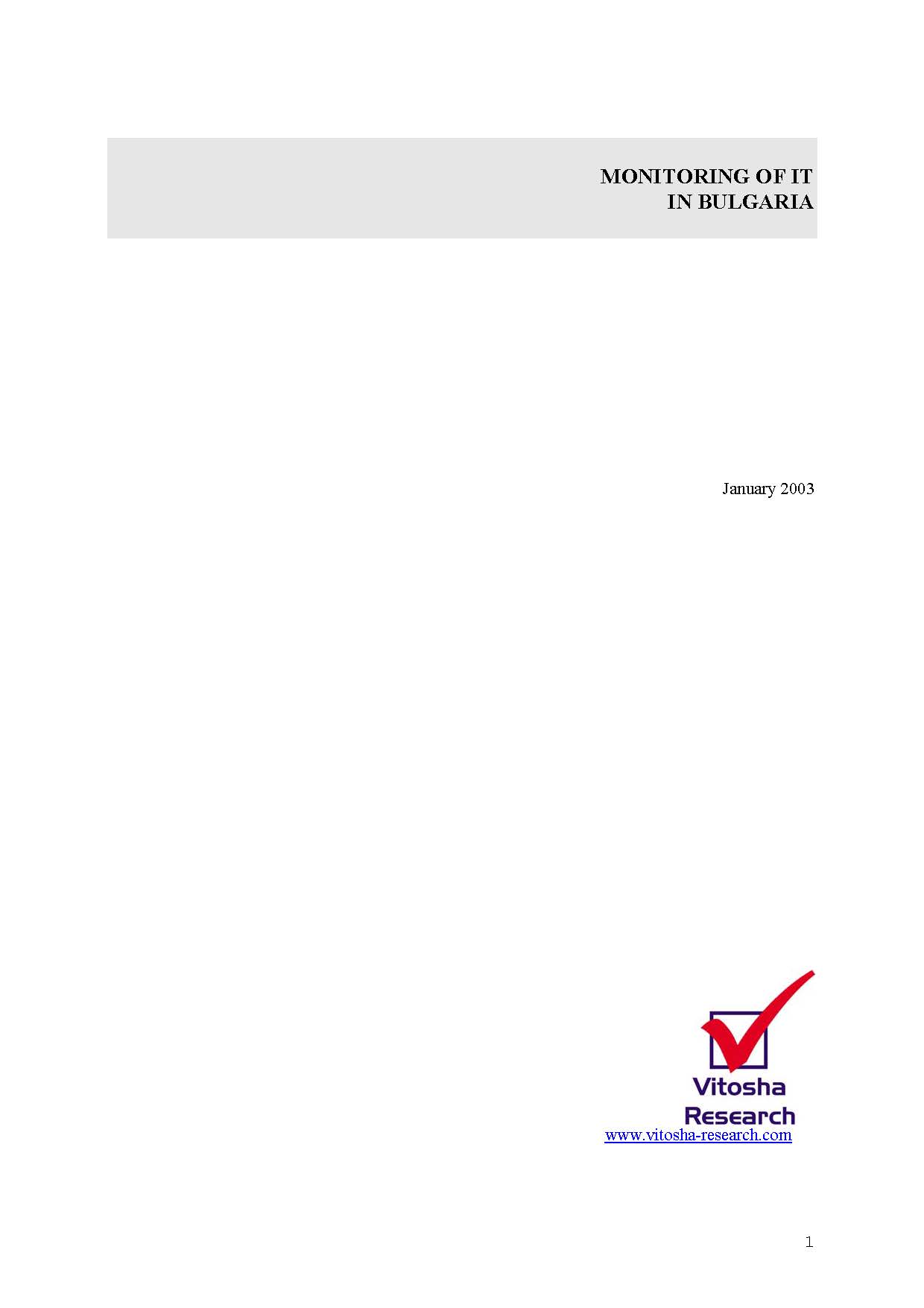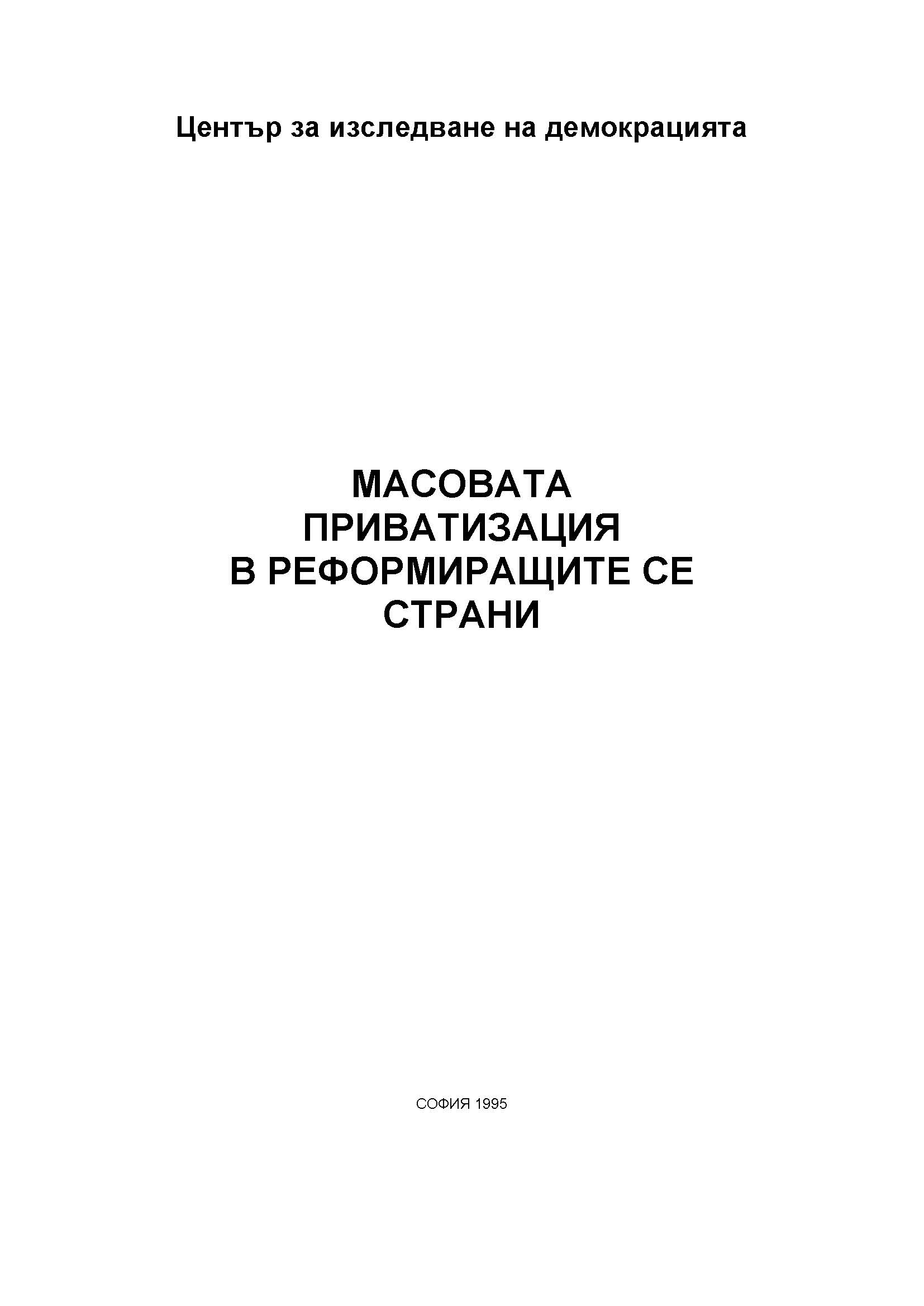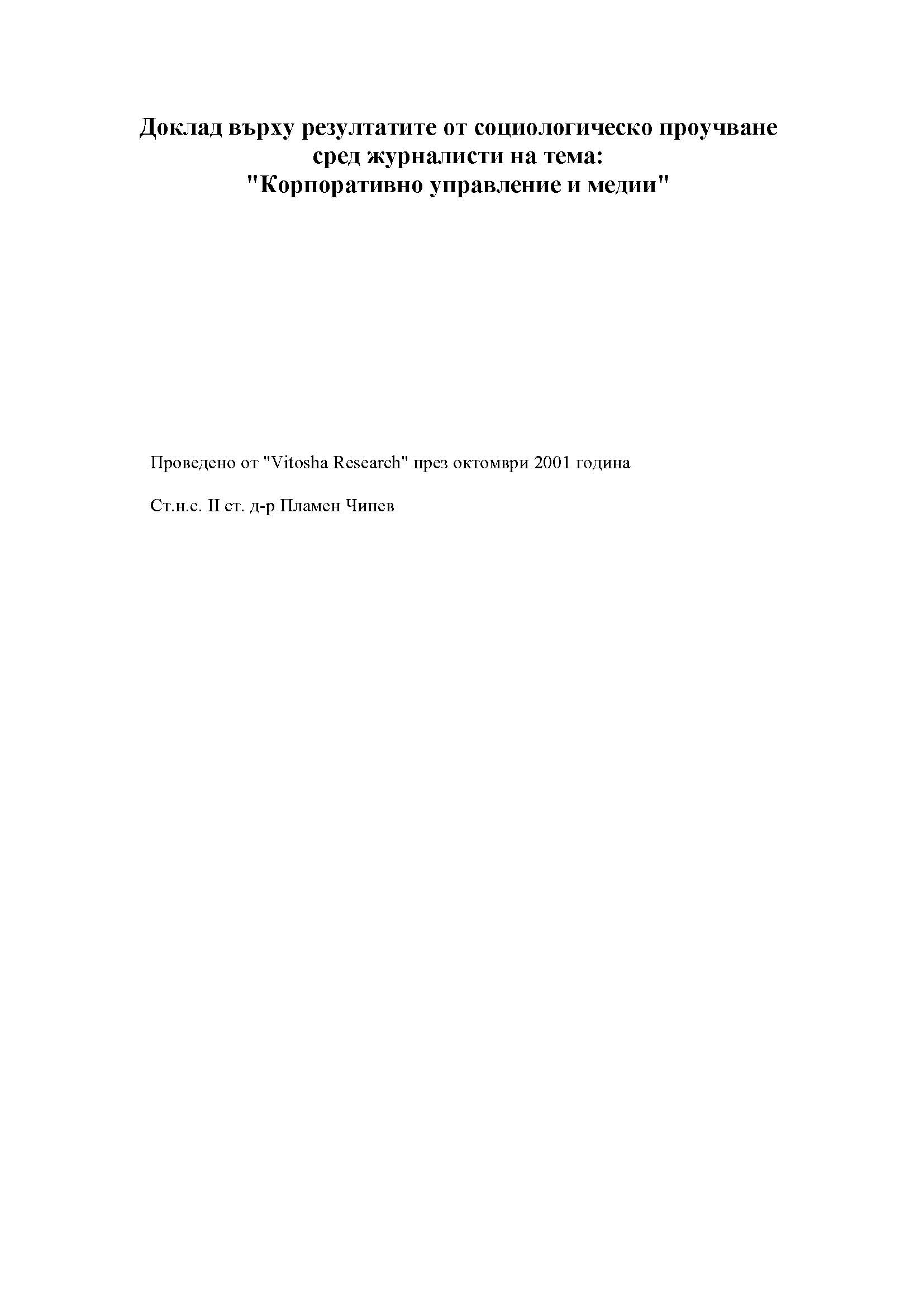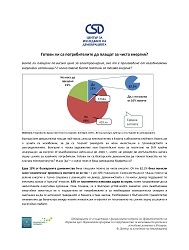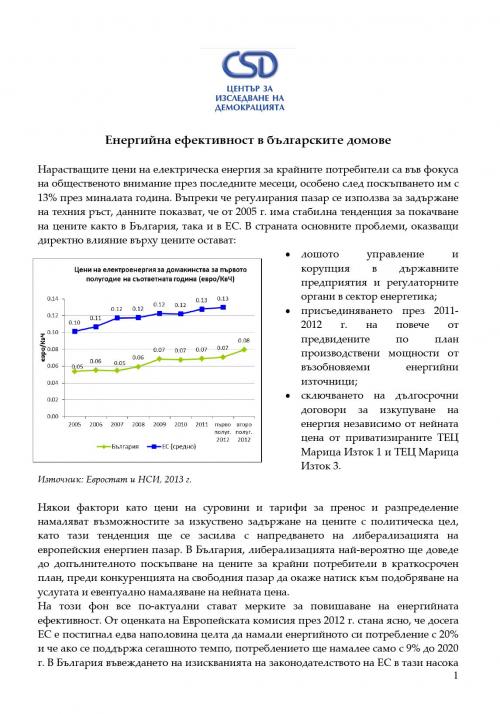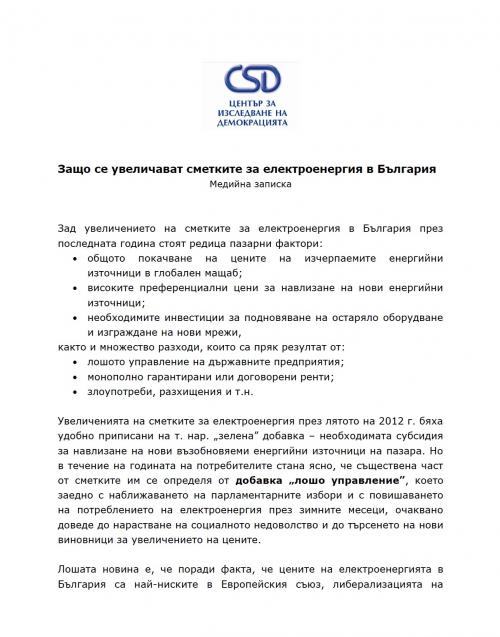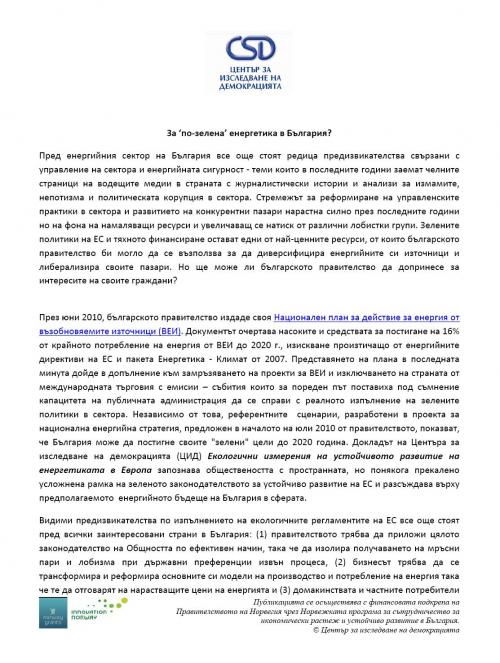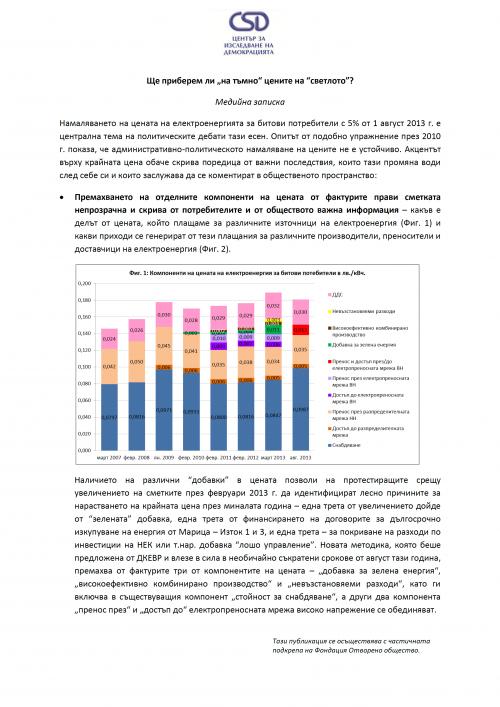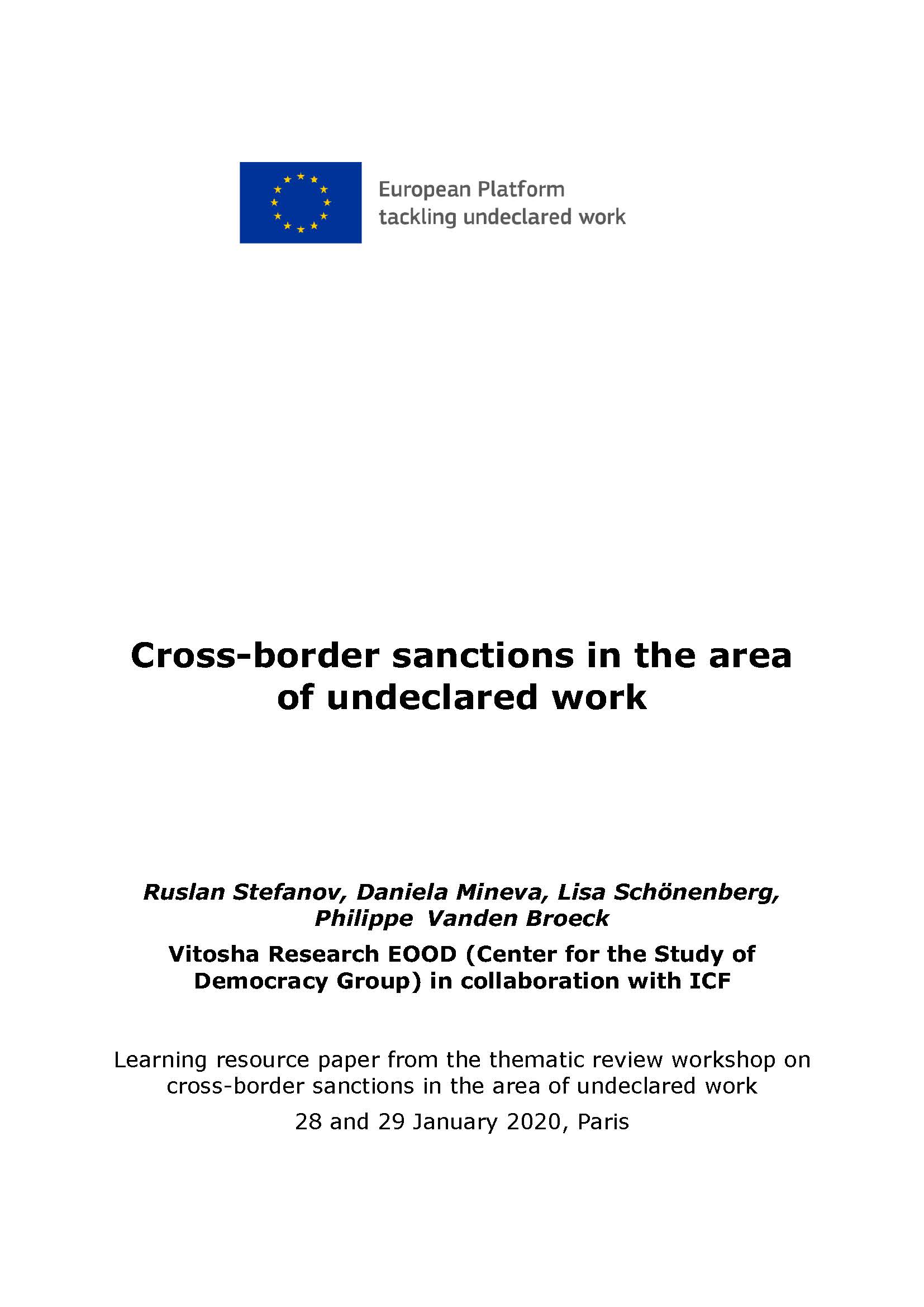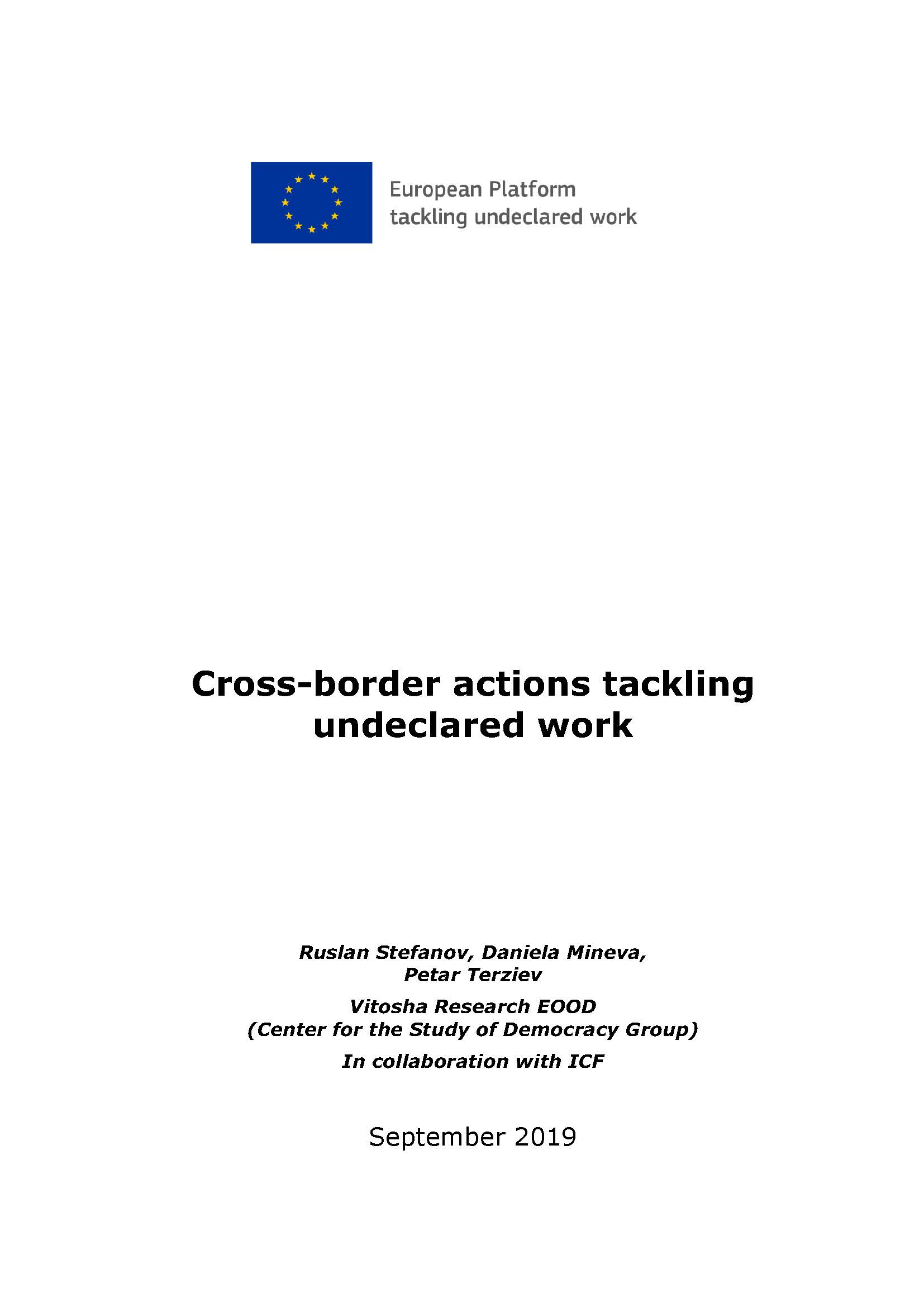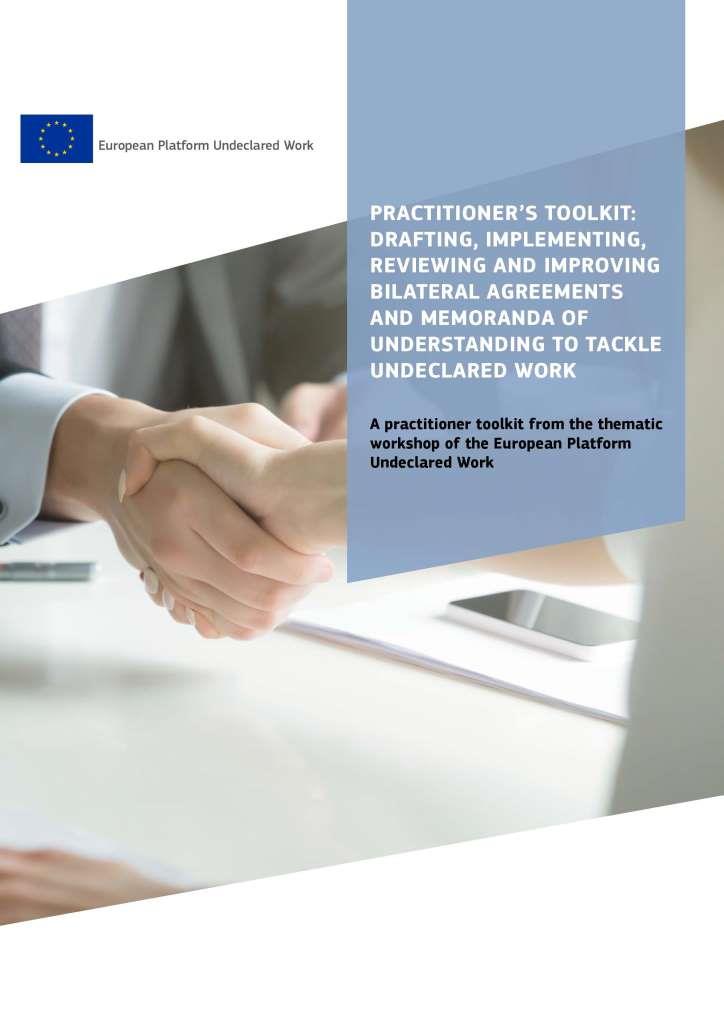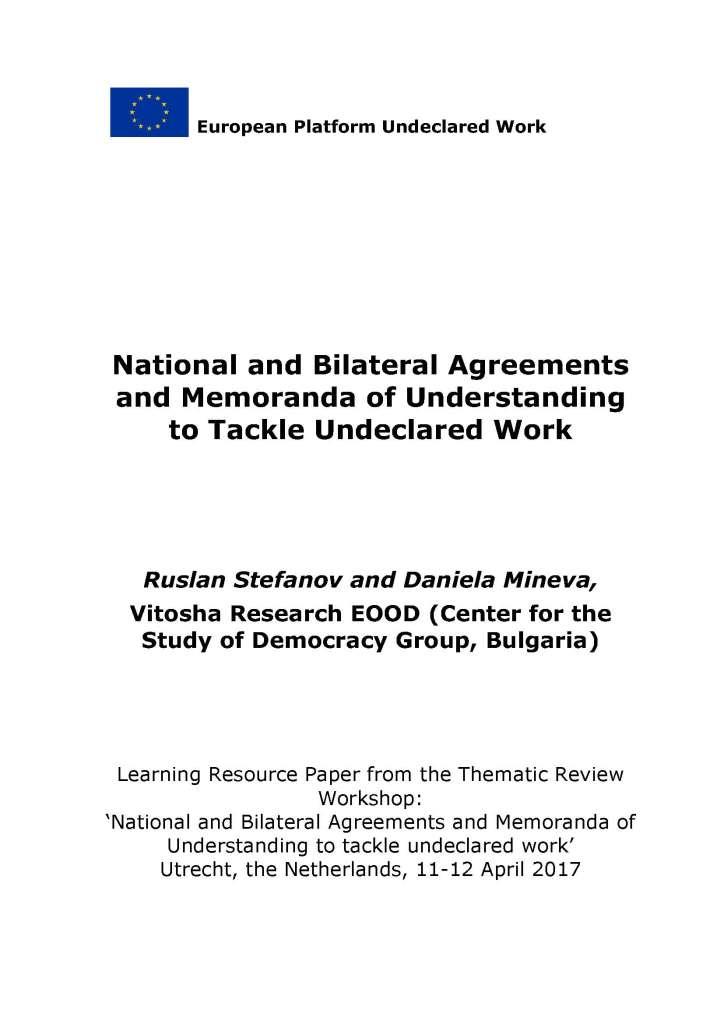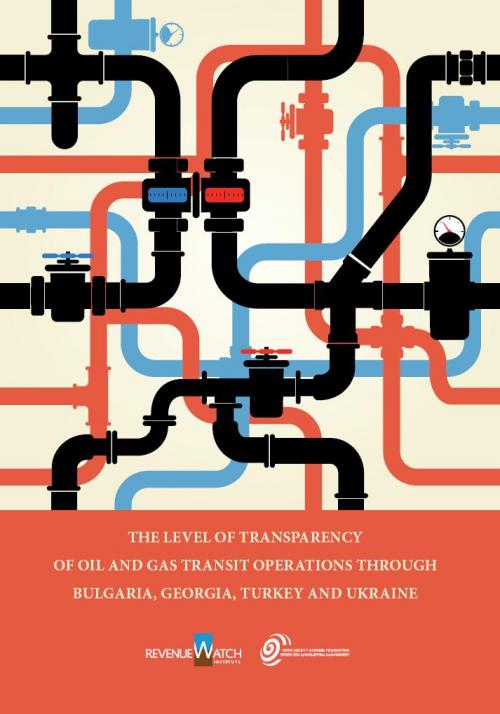
The Level of Transparency of Oil and Gas Transit Operations through Bulgaria, Georgia, Turkey and Ukrainе
The report assesses the level of transparency in the transit of hydrocarbons and the outstanding issues with the access to information related to the transit of oil and gas in Bulgaria, Turkey, Georgia and Ukraine. The report is a result of a regional joint initiative for “Promoting Transparency in the Transit of Hydrocarbons through Bulgaria, Turkey, Georgia, and Ukraine” by the Center for the Study of Democracy and the Revenue Watch Institute (New York), which started in 2011. It enables the first of its kind assessment of the hydrocarbon transit environment in these countries and exposes the serious information gaps related to the processes of transiting oil and gas in the region.
More...
